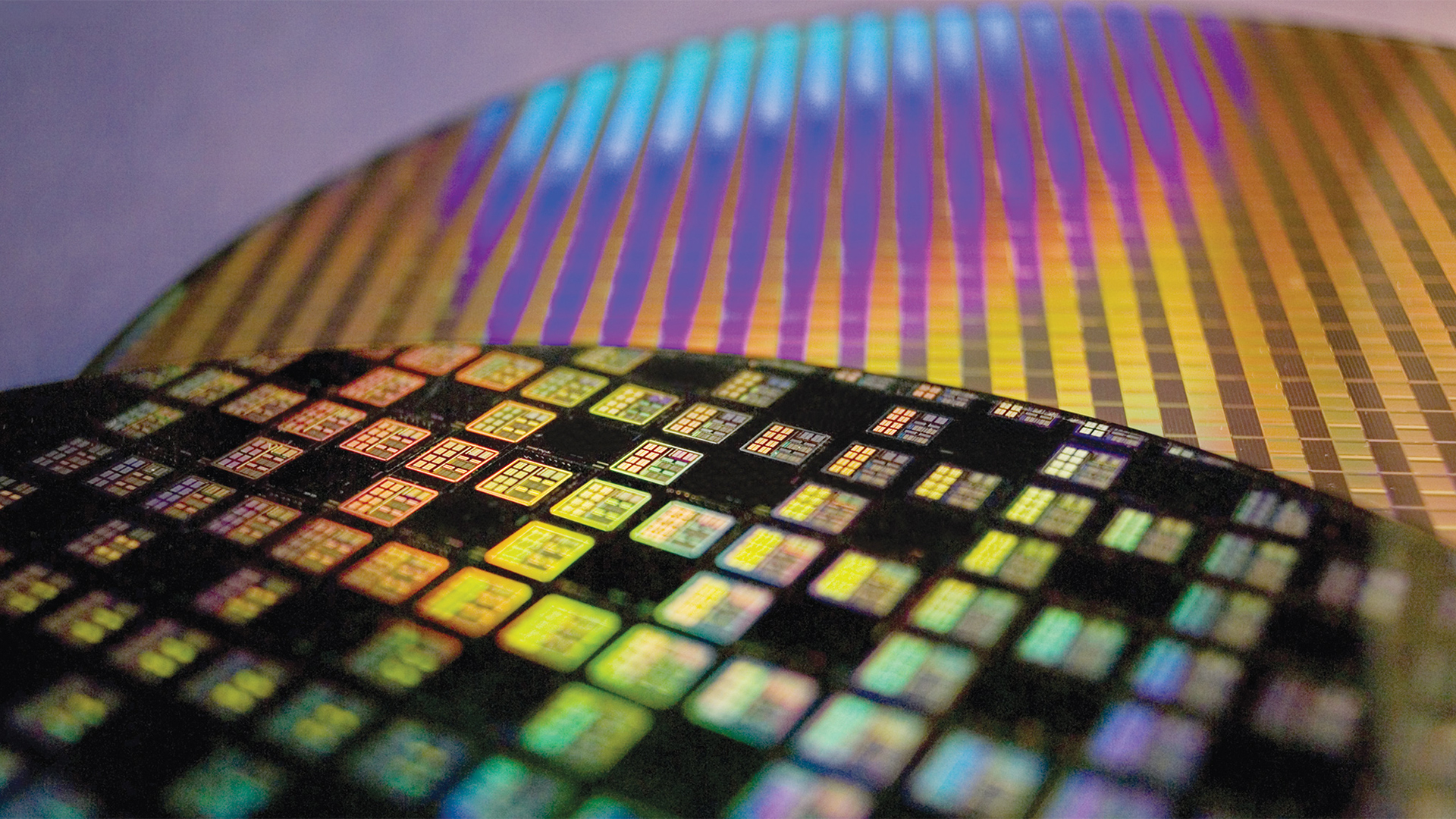Apple, Intel will be first to adopt TSMC's 3nm chip technology
New chips based on TSMC’s 3nm process will enter production next year

Apple and Intel will become the first customers to adopt the next generation of chip fabrication technology from Taiwan Semiconductor Manufacturing Co. (TSMC), reports suggest.
The two US firms are said to be working on chip designs for TSMC’s new 3nm process, which is slated to enter mass production in the second half of 2022.
As compared with the current generation 5nm technology, the 3nm process is expected to deliver performance improvements of up to 15% and reduce power consumption by between 25% and 30%.
- Check out our list of the best mobile workstations around
- We've built a list of the best business computers out there
- Here's our list of the best business tablets on the market
According to Nikkei Asia sources, Apple will likely bring its first processors built on 3nm technology to the iPad. Intel, meanwhile, is in process of designing new CPUs for both laptops and data center applications.
Of the two firms, Intel is thought to have secured the larger volume of chips manufactured using 3nm technology.
TSMC 3nm process
Although the nanometer metric was once representative of the distance between transistors on a chip, this is no longer the case and it’s now used predominantly for marketing purposes. However, the basic principle is that the smaller the process technology, the more advanced the chip.
In recent years, the US has grown increasingly worried about its inability to keep pace with Asian chipmakers, such as TSMC and Samsung. Intel both manufactures and designs chips, but has struggled to roll out its 7nm process - let alone 5nm or 3nm - and so has been forced to rely on chips built by its competitors.
Are you a pro? Subscribe to our newsletter
Sign up to the TechRadar Pro newsletter to get all the top news, opinion, features and guidance your business needs to succeed!
Earlier this week, the US company also confirmed the delay of its next generation ‘Sapphire Rapids’ Xeon chips, based on its 10nm technology.
In a bid to claw back some ground, the US is in the process of preparing a $52 billion investment package that, if approved, will go towards increasing semiconductor production and R&D.
“We are in a competition to win the 21st century, and the starting gun has gone off. As other countries continue to invest in their own research and development, we cannot risk falling behind,” said US President Biden.
In the meantime, TSMC continues to accelerate. In January, the company announced a record-breaking spending spree that will go towards boosting production capacity and further developing its technology.
- Here's our list of the best workstations right now
Via Nikkei Asia

Joel Khalili is the News and Features Editor at TechRadar Pro, covering cybersecurity, data privacy, cloud, AI, blockchain, internet infrastructure, 5G, data storage and computing. He's responsible for curating our news content, as well as commissioning and producing features on the technologies that are transforming the way the world does business.